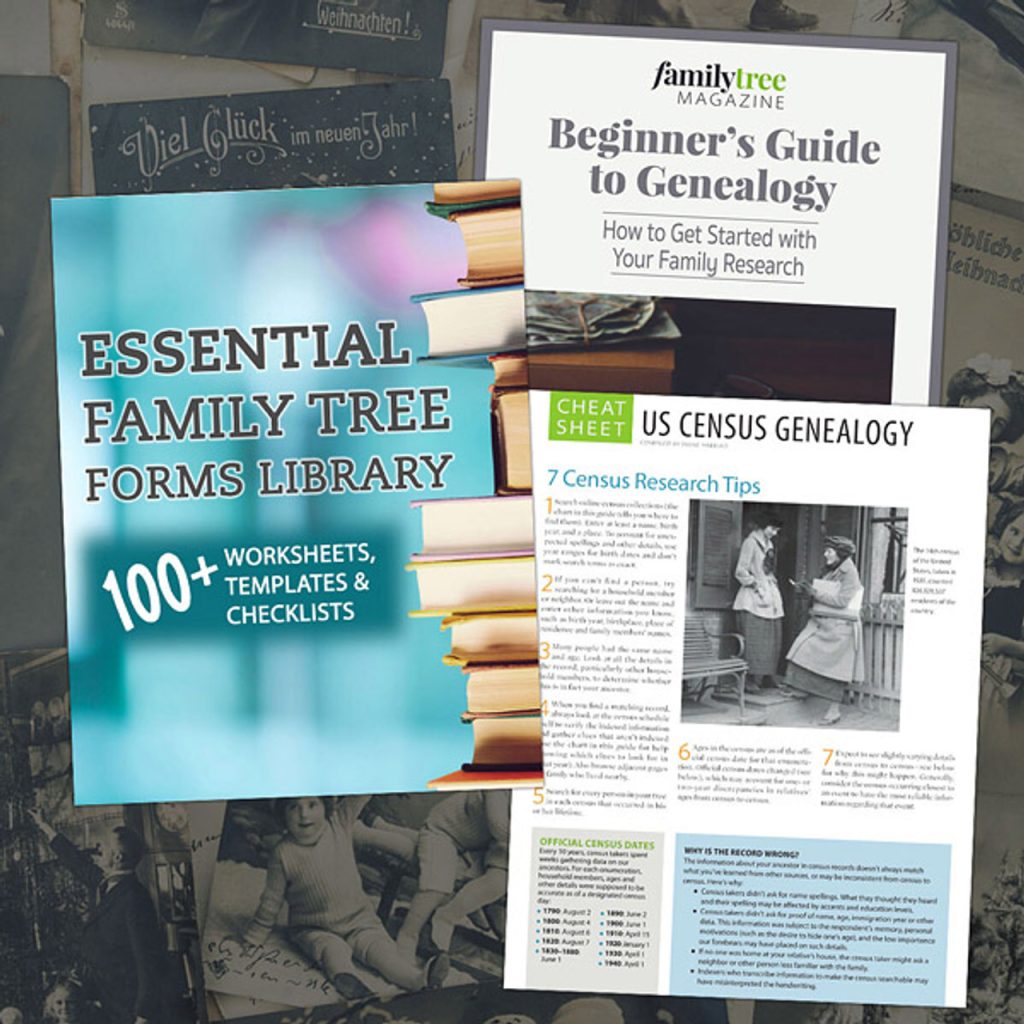
Genealogy research can help you understand your identity and reconnect with your roots and family origins.
The most important thing to remember when researching is to remain organized and cite your sources. This will make your work more accessible in the long run.
Get Organized
Getting organized for genealogical research can be a daunting task. Developing an organizational system that works for you takes time and energy. Using a calendar, filing systems, and software will help you stay on track with your genealogy projects.
Creating a file for each family and preparing a research log will help you organize your genealogy files and save time and money in the long run. It is essential to be able to locate specific documents and photos quickly. Scanning them into digital format lets you easily access them on your computer. It also protects the original documents from further damage and loss.
Keeping a well-formed research log is one of the most important genealogical tools. It can save time by avoiding repetitive searches and providing information about past search strategies. It can also lead you to new avenues of research and help you break through brick walls.
Start with the Basics
Genealogy research can be a rewarding and exciting pursuit. But set realistic goals to keep you focused and on track. This is especially true for beginner researchers. It is also good to back up your work regularly on hard drives and in the cloud to prevent loss in a computer crash or other disaster.
It is essential to preserve your documents and photos carefully. Store them in a safe environment, like a cool, dry place, and use acid-free albums. It is also important to cite your sources when writing new information. This will help you remember where you found it and aid other researchers working on the same family lines.
Consider joining a local or regional genealogy society. Many organizations sponsor workshops, seminars, and ongoing genealogy webinars. In addition, they often have libraries and other resources that can be used to further your research. Consider creating a website or blog to share your research with others.
Start Using the Internet
The Internet is a wealth of information that can help you trace your family history. However, the amount of information is staggering and can be challenging to sift through for valuable information.
Use the Internet to find research guides and maps, search engines focusing on genealogy, websites allowing you to post your family tree, and social media sites connecting with other researchers. Also, investigate local archives and libraries with valuable Native American genealogy records.
Evaluate your progress and identify the gaps in your knowledge. Discuss your interest with family members to establish a network of collaborators. This will help you weather the inevitable roadblocks in your genealogical quest.
Learn how to identify important documents, such as birth, death, and marriage certificates; legal records, such as wills and property transfers; and land and census records.
Start with Your Family
One of the most important things to remember when starting genealogy is to start with what you know. You may already have information about your parents and grandparents that can help you narrow search results or even eliminate some records. It is also good to start with siblings, aunts, and uncles if they are still alive. They can be a wealth of information and are often good at breaking down “brick walls” that may have been difficult to break through.
Lastly, record any information you find in your research log. This handy tool will save you a lot of time and hassle. It is also a great way to ensure that all the information you have found is fact-checked and any errors have been corrected. It is always possible that your ancestors fudged, forgot, or lied on official documents, so it’s essential to double-check everything. Also, remember that people and memories can disappear over time, so collect copies of photos and other items while they are still available.
Get Help
Whether it’s family lore, photos, or documents, get started immediately. Begin with yourself, your parents, and your grandparents, and work backward. Document every step of your research.
Create a filing system, and keep all the information you’ve gathered organized (whether alphabetically by surname, chronologically by birth year, or other method). Set up a storage space for paper documents and use a photo album for images. Be sure to store heirlooms and original photos safely.
Feel free to ask for help. Genealogy is a social science; building a network of researchers who can offer insight into difficult-to-reach records is essential. Joining a genealogy group is a great way to meet fellow genealogists and connect with local experts.
If you want your genealogy research to live on beyond your lifetime, you’ll need to publish it. If it’s only a blog or family tree chart, publishing your work will allow other genealogists to find and use it easily. Be sure to cite all your sources, as this will help future generations to verify and build upon your work.
